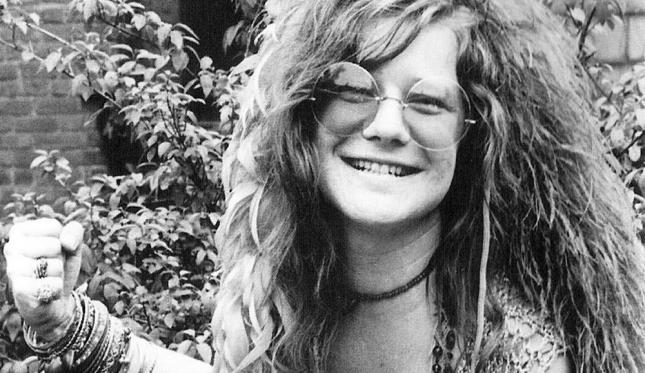Hippie gurus and tie-dyed bell-bottoms are history. The police are no longer pigs. Crunchy granola has lost its claim on virtue. Has the generation gap also gone the way of all things sixties?
Having lived through the era, I assumed that every generation was doomed to be cut off from the next by dint of diverging frames of reference. But to my surprise, the notion of a generation gap seems to have lost its resonance.
Is it because we Baby Boomers, trying so hard to close the gap, befriended our children and in the process broke down the paternalistic hierarchy that stimulated resistance? If you can dis your parents and grade your professors, perhaps you do not need to pit yourself against them so directly.
Or is it that we’ve returned to more conservative times in which the youth culture does not alienate as much? The repression of the fifties—wives at home in aprons, twin beds in TV master bedrooms, people of color in their place—gave way to an explosion of liberation in sexual mores, and broke down gender, class, and racial divides. And the Boomers’  way of shaking things up had an anti-authoritarian aspect that was very personal. Parents felt under attack and disrespected. That aspect of the generation gap seems not in evidence today, despite the many ways in which the generations are divided.
way of shaking things up had an anti-authoritarian aspect that was very personal. Parents felt under attack and disrespected. That aspect of the generation gap seems not in evidence today, despite the many ways in which the generations are divided.
Certainly, change is on-going, even speeding up, something hardest to ignore in the technological sphere. Even people born only a few years apart can be separated by how they use social media. Twitter was only launched in 2006 and already it is a game-changer in international affairs, but your use of it can depend very much on your age. My son and his wife who are only six years apart in age ascribe their differing cell phone use to this gap. New internet media sites and cell phone apps are appearing every day and are changing the way we interact with one another and the world, so the gap in our technological mindsets is likely only to increase. What this means to me, personally, is that I will be ever more dependent on my children for help, something they provide with bemused patience. If anything, it is an excuse for connection, despite the gap.
How much are other changes threatening families? Reality TV, FOX news, and social media are changing the world, but do they drive generations apart? On the personal level, hooking up  and shacking up are not very different. Only gay marriage and new gender definitions seem personal enough to split families.
and shacking up are not very different. Only gay marriage and new gender definitions seem personal enough to split families.
To a large extent, tradition is back, in the embrace of ethnicity, spirituality, and the all-out pursuit of wealth and material goods, but such change, whatever we think of it, is not threatening in the way the 60s was. I could shock my mother by getting married in a Mexican cotton dress, but do I care if my daughter, at the other end of the spectrum, wants six bridesmaids and a long train?
The generational component in the ever-growing political divide may eventually have a greater impact. Younger generations typically move left while their elders move right, but the collapse of 2008 was a seismic event. The longterm economic downturn has affected young people most of all, stalling their career progress and daunting their prospects, so that the income and home ownership gap between young and old has widened. David Leonhard in a Sunday NY Times article (June 24, 2012), lists the many hot button issues on which the generations now tend to differ: immigration reform, same-sex marriage, social security and military cuts, religion. “If there is a theme unifying these economic and political trends, in fact, it is that the young are generally losing out to the old,” writes Leonhardt. Making matters worse, government spending is down on education and up on Medicare, which “is a transfer program from youth to age.”
It is, in fact, surprising that there isn’t greater personal enmity between the generations, given that older people are taking a greater share of a limited pie. It may be that young people have yet to figure this out or that they got alone well enough with their parents to come to the growing divide with more acceptance then resentment.

Leave a Reply